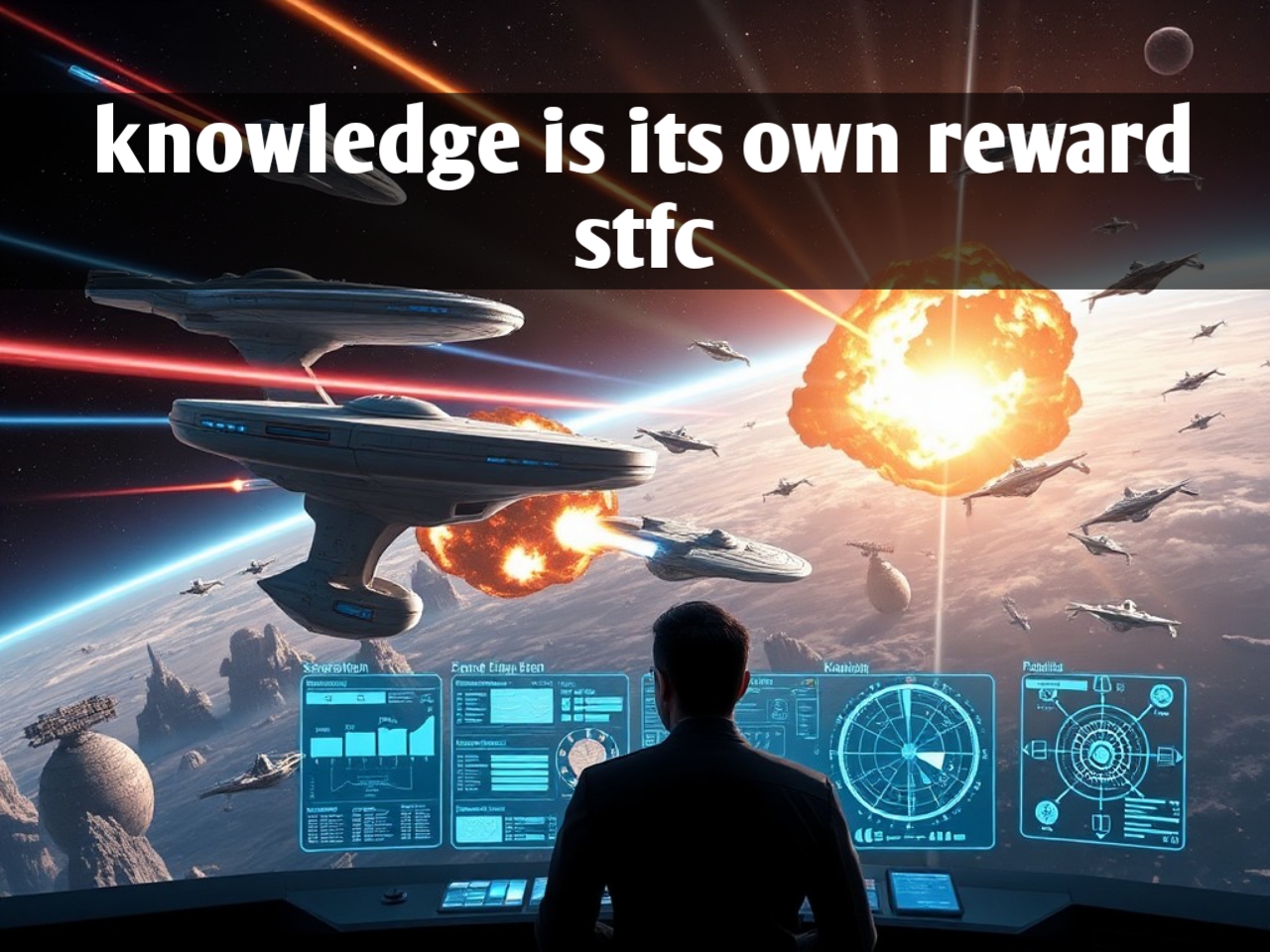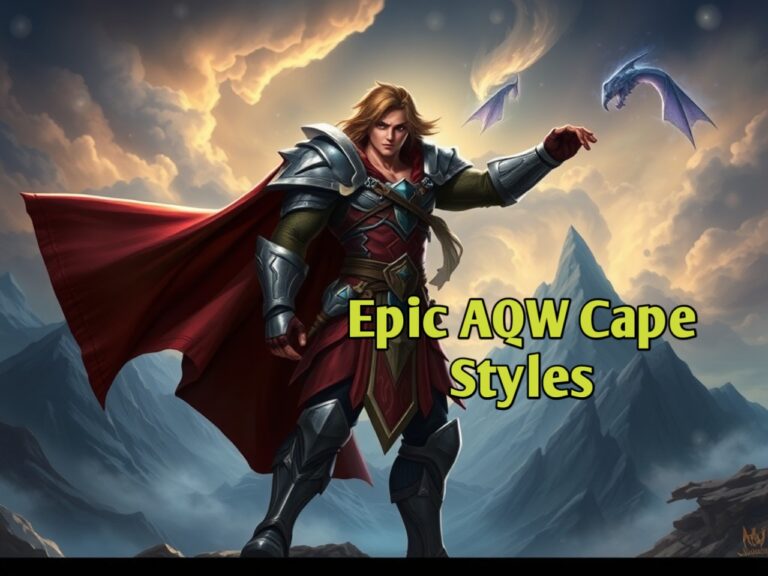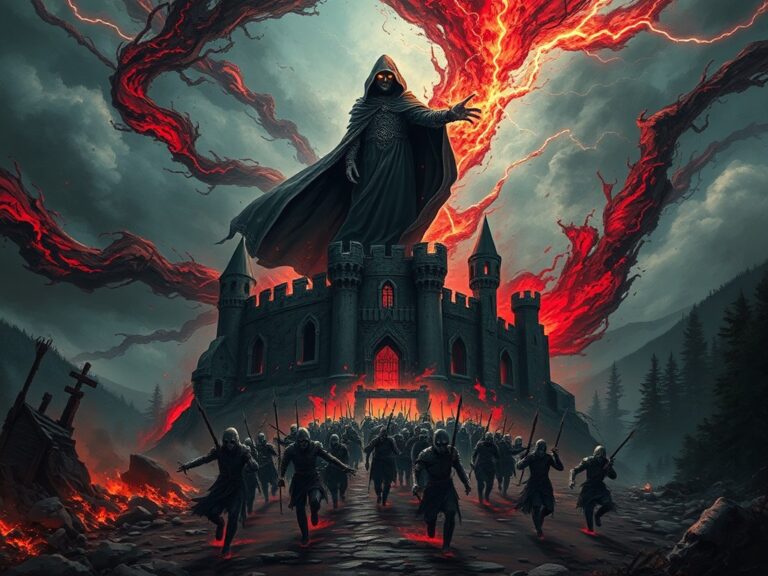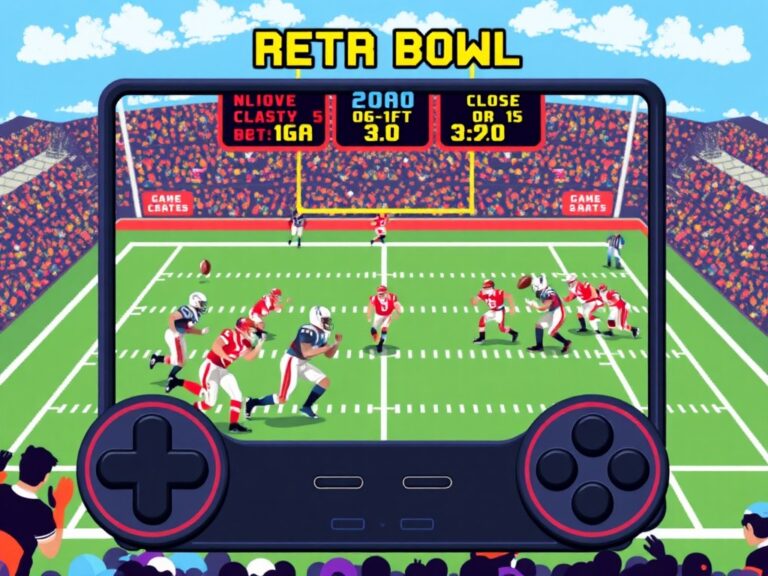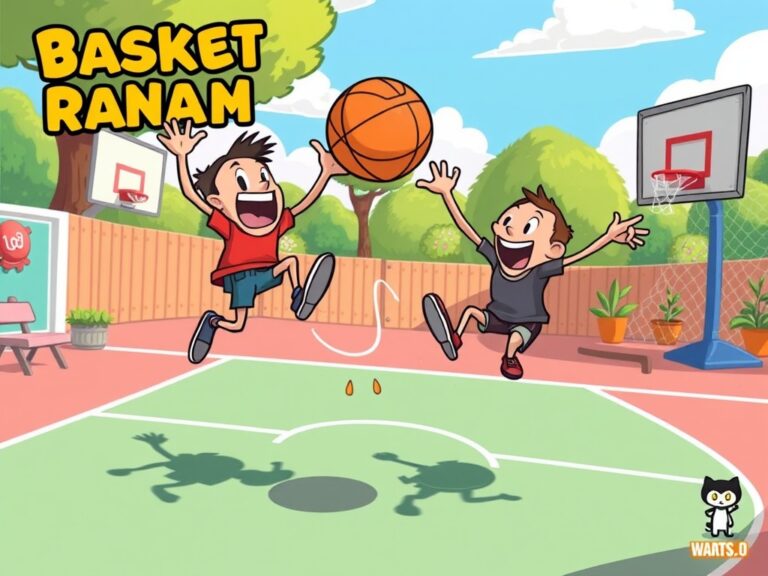Knowledge is Its Own Reward in STFC
In Star Trek Fleet Command (STFC), a real-time strategy game set in the Star Trek universe, players engage in battles, diplomacy, and exploration. While much of the gameplay is about building alliances, amassing resources, and conquering enemies, one often overlooked aspect is the intrinsic value of knowledge. As players progress, they quickly realize that accumulating knowledge about the game mechanics, strategies, and in-game universe often yields its own form of reward. This concept aligns perfectly with the idea that knowledge is its own reward—a principle that can significantly influence a player’s success in STFC. This article delves into how knowledge serves as its own reward in Star Trek Fleet Command and how understanding various game mechanics can boost overall gameplay.
Understanding the Importance of Knowledge in STFC
At its core, Star Trek Fleet Command is not just about brute force or wealth accumulation. It’s a complex game that rewards strategic thinking and informed decision-making. Knowledge of the game’s mechanics, including ship statistics, faction relations, and event timing, can make a considerable difference in how you navigate the challenges that STFC presents.
For new players, the game may seem overwhelming, with its intricate systems and layers of gameplay. However, as one starts to accumulate knowledge—through experience, research, and interaction with more experienced players—it becomes clear that this understanding not only helps in immediate situations but also lays the groundwork for long-term success. The more you know, the better you can plan, adapt, and thrive in this multifaceted environment.
Game Mechanics: A Treasure Trove of Knowledge
STFC is built on a foundation of deep and intricate game mechanics, which include mining, ship upgrades, combat, and alliance dynamics. Knowledge of these mechanics provides an immense advantage. For example, understanding how ship classes interact in combat—such as the effectiveness of interceptors against explorers—can drastically change the outcome of a battle. Similarly, grasping how mining works and the best times and locations for resource collection can make your base development much smoother.
The game doesn’t spoon-feed this information to the player; it must be learned, either through trial and error or by seeking out guides and advice from other players. This process of learning is its own reward, as it equips players with the tools they need to succeed. Over time, players who invest time into understanding these systems will find themselves making fewer mistakes and taking more efficient actions, ultimately reaping more rewards.
The Role of Faction Knowledge in STFC
One key element where knowledge is a direct reward is in faction relationships. In STFC, there are three major factions: the Federation, the Klingons, and the Romulans. Understanding how these factions interact with each other, as well as how your standing with them affects your gameplay, is vital for long-term success.
For instance, improving your standing with a particular faction unlocks faction-specific ships, missions, and rewards. However, choosing to align with one faction may reduce your standing with others, affecting your ability to access their benefits. Players who take the time to deeply understand the faction dynamics and develop strategies around them can unlock powerful ships and resources that are not available to those who neglect this aspect of the game. The reward here is the player’s ability to control their destiny through informed decision-making.
The Power of Research in STFC
Research is another crucial area where knowledge serves as a powerful tool. STFC features a massive research tree that can significantly enhance various aspects of gameplay, from increasing ship efficiency to boosting resource gathering. The key to thriving in STFC is understanding how to prioritize research.
A well-thought-out research strategy can speed up your growth dramatically. Players who invest time in learning the intricacies of the research tree—knowing which branches lead to the most beneficial upgrades at each stage of the game—will find that their knowledge is its own reward. For example, focusing on combat research early on can give you an edge in battles, while resource-focused research can ensure a steady stream of materials for upgrades and expansion. The more a player knows about the long-term impact of each research branch, the more effective they can be in both PvE and PvP scenarios.
Knowledge of Events and Time-Limited Rewards
STFC regularly hosts events that offer time-limited rewards, such as special ships, resources, or upgrade materials. Knowledge of these events, including when they occur and what rewards they offer, is essential for maximizing your efficiency and gains. Savvy players who are aware of the event calendar and prepare accordingly can accumulate rewards that far surpass what they could achieve through regular gameplay.
Participating in events often requires the player to be in the right place at the right time with the right resources. Those who have a deeper knowledge of how to prepare for these events—by stocking up on specific resources or having certain ships ready—are more likely to earn exclusive rewards. In many ways, the act of preparing for these events is a reward in itself, as it gives players a sense of accomplishment and control over their in-game future.
Combat Strategy: The Ultimate Test of Knowledge
Combat is one of the most exciting aspects of Star Trek Fleet Command, but it’s also one of the most knowledge-intensive. Winning battles isn’t just about having the biggest or most powerful fleet; it’s about understanding the strengths and weaknesses of each ship type, knowing when to engage and when to retreat, and using the right officers to boost your ships’ capabilities.
Players who invest in learning combat strategies—such as which officer combinations work best in specific situations or how to exploit an enemy’s weaknesses—find that knowledge truly is its own reward. A well-informed player can defeat opponents who are far stronger on paper by simply outmaneuvering them or employing a more effective strategy. This is where the satisfaction of understanding the game really shines through.
The Influence of Alliance Knowledge
Alliances play a significant role in STFC, offering players protection, resources, and camaraderie. However, not all alliances are created equal. Some are highly organized and focused on collective goals, while others may be more casual or disorganized. Understanding how to navigate alliance dynamics, including which alliances to join and how to contribute effectively, is another form of valuable knowledge.
A player who is well-versed in alliance management and politics will be able to leverage their position for maximum benefit. They may rise to leadership roles, guide their alliance to victory in wars, or broker important deals that enhance their own standing in the game. In this way, knowledge about alliance dynamics directly translates into in-game rewards, both material and strategic.
Officer Management: The Unsung Heroes of STFC
Officers in STFC serve as the backbone of your fleet, each with unique abilities that can greatly influence the outcome of battles and missions. Knowing which officers to recruit, upgrade, and assign to specific roles is critical for success. The officer system is complex, with many layers of synergies and counters that can either enhance or undermine your fleet’s performance.
Players who take the time to study and understand the officer system will find that their knowledge leads to consistently better results in both combat and exploration. This aspect of the game, while often overlooked by new players, can become a key differentiator at higher levels of play. Mastery of officer management is truly a reward for those willing to put in the effort to learn its intricacies.
How Knowledge Builds Long-Term Success
While STFC offers plenty of short-term rewards, such as resources and upgrades, the true measure of success lies in a player’s long-term strategy. Knowledge of how different aspects of the game—such as research, faction dynamics, and combat strategy—interconnect allows players to plan for the future. This foresight is itself a form of reward, as it gives players the ability to adapt to changing circumstances and stay ahead of their competitors.
A well-informed player will not only excel in the present but also set themselves up for continued success as the game evolves. STFC regularly updates its content, introducing new ships, factions, and challenges. Those who make learning an integral part of their gameplay will always be ready to tackle these new hurdles, ensuring that they remain competitive and engaged.
Conclusion: Knowledge is the Ultimate Reward in STFC
In Star Trek Fleet Command, knowledge truly is its own reward. While material rewards such as resources, ships, and upgrades are important, the true value lies in understanding the game’s complex systems and using that knowledge to navigate challenges and seize opportunities. From mastering the mechanics of combat to understanding faction relationships and researching efficiently, informed players are always a step ahead.
Ultimately, those who invest time in learning the nuances of the game will find that their journey through STFC becomes more rewarding, not just because of the tangible gains but because of the satisfaction that comes from truly mastering a complex and dynamic game world. In STFC, knowledge isn’t just a tool for success—it is the reward itself.
Read Also Our This Post: Why Usqay Cloud is the Best for Scalable Cloud Services

Kamran Khatri is a versatile writer and editor at ExpressZone.co.uk, bringing fresh perspectives and insightful commentary across a wide range of topics. With a passion for exploring diverse subjects—from technology, business, and finance to lifestyle, travel, and the arts—Kamran aims to inform, inspire, and engage readers through well-researched articles and thought-provoking content.
His work spans multiple categories including health, education, pets, entertainment, real estate, and sustainability, reflecting his commitment to delivering knowledge that connects with everyday life. Whether breaking down the latest trends, sharing practical tips, or highlighting cultural insights, Kamran’s writing combines clarity with creativity.
When he’s not crafting stories for ExpressZone.co.uk, Kamran enjoys keeping up with global developments, exploring innovative ideas, and connecting with readers who share his curiosity about the world.

